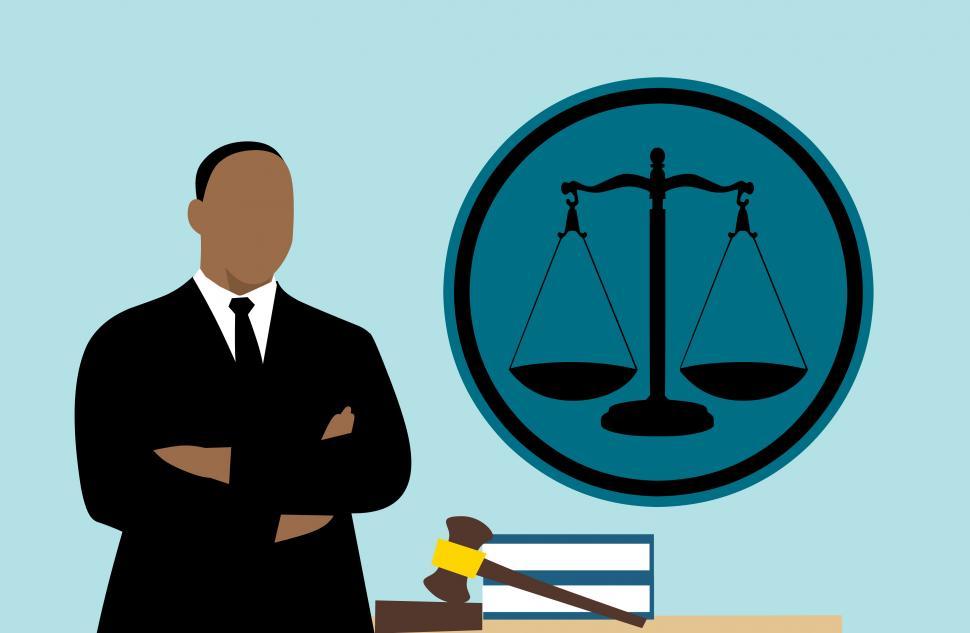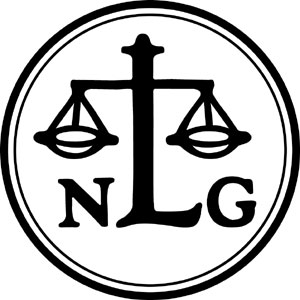Expert Suggestions from Brownstone Appellate Law Firm: Texas Appeals Lawyers at Your Service
Expert Suggestions from Brownstone Appellate Law Firm: Texas Appeals Lawyers at Your Service
Blog Article
Maximizing Your Charm: Exactly How Professional Aid Can Improve Your Appellate Technique
In the world of appellate advocacy, the relevance of employing expert aid to fortify one's appellate strategy can not be overemphasized. The intricate nature of appellate proceedings demands a meticulous approach that exceeds mere lawful understanding. By employing the knowledge of experts skilled in the subtleties of appellate practice, people and companies can open a wide range of benefits that prolong much beyond standard legal depiction. As we explore the realm of taking full advantage of charm through professional assistance, a globe of tactical advantages and strategic understandings waits for those who look for to navigate the appellate landscape with accuracy and skill.
The Importance of Appellate Know-how
When browsing the intricate realm of appellate legislation, having specific know-how in appellate procedures and techniques is vital for accomplishing desirable results. Appellate experience encompasses a deep understanding of the subtleties of appellate technique, which differs significantly from test advocacy. Appellate attorneys need to have a keen eye for lawful research, convincing writing, and oral advocacy skills tailored to the appellate court's specific needs.
An appellate expert brings an one-of-a-kind capability to the table, honed via years of experience staying and taking care of appeals abreast of progressing lawful precedents. This know-how allows them to craft compelling legal debates, recognize essential problems that reverberate with appellate courts, and prepare for and counter opposite advice's debates properly.
Moreover, appellate professionals are skilled in the complicated step-by-step regulations controling allures, making sure that all submitting target dates, formatting needs, and administrative concerns are meticulously adhered to. By leveraging their specialized understanding, appellate attorneys can navigate the appellate process with precision and finesse, maximizing their clients' chances of success on appeal.
Strategic Analysis and Case Assessment
Building upon the foundation of appellate experience, strategic analysis, and case assessment play essential functions in creating a durable appellate approach. Tactical evaluation includes a thorough assessment of the situation, determining crucial problems, staminas, and weaknesses. It calls for a deep understanding of the legal landscape, procedural regulations, and possible disagreements that could guide the appellate court. By performing a detailed strategic evaluation, appellate specialists can identify the most reliable method to presenting an engaging situation on appeal.
Case analysis is similarly important, focusing on analyzing the lawful and factual facets of the situation to establish its feasibility on appeal. This process entails scrutinizing test court documents, evidence, and judgments to identify errors or issues that can form the basis of a successful appeal. A careful case examination enables attorneys to craft convincing debates that deal with the core problems and encourage the appellate court to rule in their client's support.
In mix, strategic analysis and situation analysis form the foundation of a reliable appellate approach, guiding attorneys in navigating complicated lawful surface and maximizing their chances of success on charm.
Crafting Engaging Lawful Debates
Crafting engaging lawful arguments is a necessary ability that identifies experienced appellate specialists in providing convincing situations on trial. Reliable lawful argumentation this page calls for a deep understanding of the regulation, critical analysis of the facts, and the ability to communicate complex ideas in a convincing and clear way. When crafting legal arguments, appellate specialists need to very carefully take into consideration the pertinent lawful concepts, precedents, and policy implications to construct a strong and coherent story that supports their client's position.

Browsing Procedural Complexities
To efficiently navigate step-by-step complexities in appellate practice, experts need to possess a comprehensive understanding of the pertinent guidelines of procedure and court methods. Appellate procedures differ among jurisdictions, demanding a keen awareness of certain requirements controling problems such as administrative deadlines, submitting procedures, and formatting guidelines. Failure to stick to these procedural policies can lead to costly delays, permissions, and even dismissal of the appeal.
One key aspect of browsing procedural complexities is identifying the importance of maintaining concerns for allure at the high court degree. This includes making timely objections, activities, and offers of evidence to make certain that appellate courts have a correct record to assess (Brownstone Law Texas appeals attorneys). Additionally, professionals have to grasp the art of preparing clear and succinct appellate briefs that abide by formatting requirements and properly present legal debates
Moreover, recognizing the complexities of dental debate procedures, including time restrictions and the etiquette anticipated in appellate courts, is important for a successful allure. By remaining attuned to these procedural ins and outs, experts can enhance their possibilities of accomplishing a desirable end result for their customers on appeal.

Leveraging Specialized Legal Understanding
Specialized legal competence plays a pivotal function in purposefully advancing appellate debates and optimizing the opportunities of success in complex lawful process. Appellate cases typically include intricate legal issues that require a deep understanding of specific areas of legislation.
Specialized legal understanding allows professionals to identify essential precedents, policies, and legal doctrines that are relevant to the situation available. This extensive understanding enables them to anticipate potential challenges, counterarguments, and opportunities for persuasive campaigning for. Moreover, professionals can Texas appeals lawyers supply useful point of views on exactly how the legislation has been interpreted and used in comparable situations, next page assisting to shape a more effective appellate strategy.

Final Thought
Finally, expert support can significantly improve your appellate technique by offering know-how in browsing procedural complexities, crafting compelling lawful disagreements, and leveraging specific legal knowledge. By making use of the abilities and experience of appellate professionals, individuals can optimize their opportunities of success in the appellate procedure. Tactical analysis and instance analysis are necessary elements of developing a solid appellate method that can assist to increase the allure of your situation.
In the realm of appellate advocacy, the value of using expert assistance to strengthen one's appellate strategy can not be overemphasized.When navigating the intricate world of appellate legislation, having specific knowledge in appellate treatments and methods is critical for attaining positive outcomes. Appellate know-how encompasses a deep understanding of the subtleties of appellate practice, which varies considerably from test advocacy. Appellate lawyers must have an eager eye for lawful research study, influential writing, and oral campaigning for skills tailored to the appellate court's specific requirements.
Building upon the foundation of appellate knowledge, tactical evaluation, and situation analysis play critical duties in formulating a robust appellate method. (Brownstone Appellate Law Firm)
Report this page